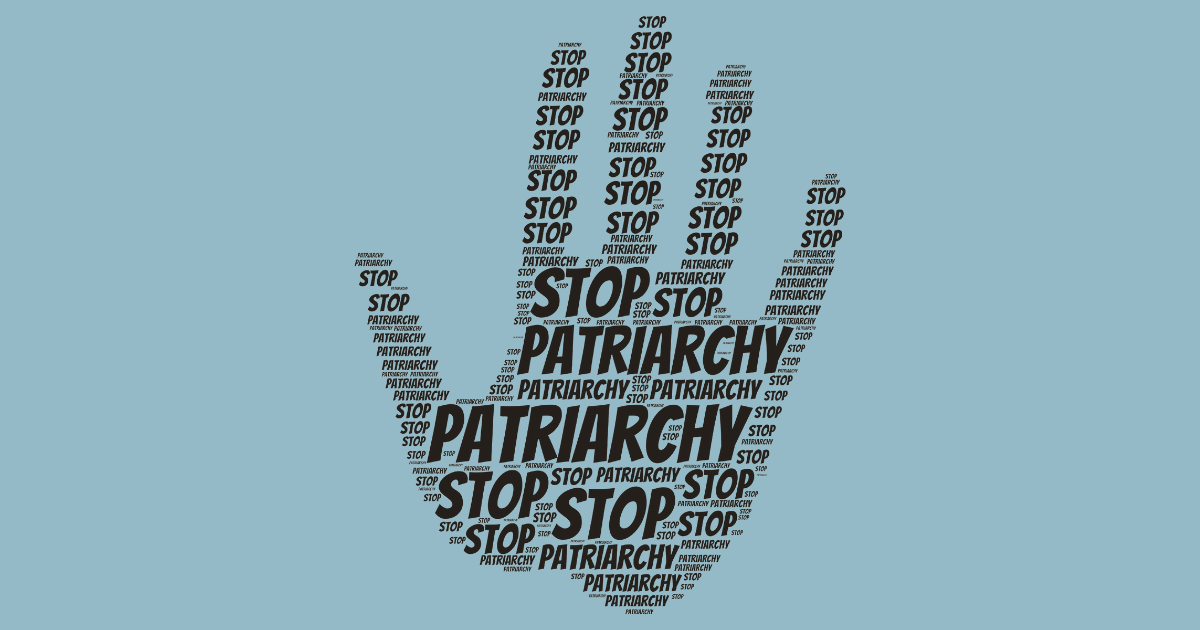The Patriarchy: Everything You Need To Know

The patriarchy. It’s a big word. One loaded with history, complications, and consequences that we are still dealing with today. But what exactly is it? How did it start? Why is it still affecting us now? So, for all the answers to these, here is the briefest breakdown of the patriarchy you will ever find.
What it is?
The basic definition of the patriarchy is a social system in which men hold primary power and predominate in roles of political leadership, moral authority, social privilege and control of property.
Where did it come from?
As the patriarchy is defined as socials structures, in which men oppress, dominate and exploit women however, a patriarchal society has been identified in all four corners of the world.
Although patriarchy societies can be found all over the world, there doesn’t seem to be one defining event from which patriarchy began to spread. Many believe that the patriarchy first came about with the notions of fatherhood and private property, where family dynamics of being the ‘man of the house’ and the ownership of private property falling to the male in all cases was one of the most defining moments of the patriarchy.
However, there are many examples in which the so-called inferiority of women can be found such as in the writings of Aristotle himself, beginning a culture of oppression and exploitation.
What is it today?
It is hard to identify one singular example of where the patriarchy plays out in today’s times. However, even in todays ever progressing and liberating society there are still prominent examples of the past effects of the patriarchy and other infrastructure of oppression at play.
If you even look at the Irish government, where we have yet to have a female Taoiseach, or The United States, where they also have yet to have their first female President and in many countries it remains the same.
The gender pay gap, between men and women is still around and has only been eradicated in Belgium, Denmark, France, Latvia, Luxembourg, or Sweden.
What does all this mean?
It is hard to fight an enemy with no face, and that is exactly what the patriarchy is.
Although it can account for many of the gender inequalities that remain prominent today, it cannot account for all and with each new generation new gender problems arise. The ‘pick-me’ girl trope, slut-shaming and so forth.
So, what does this all mean for you, well, the patriarchy can effect both gender negatively, for women it can mean oppression or shame and for men, it can mean the false narratives of power and ill-advised tropes being early instated, such as ‘Boys will be boys’. There is no one solution to the problem, but you can in fact find ways to fight back.
How do I fight back?
Hold accountability
Don’t let the ‘boys will be boys’ be an excuse for dehumanising behaviour towards women. Hold people who allow patriarchal ideals to be acceptable accountable, tell them why it is wrong.
Try to question gender norms
Gender roles are the set of characteristics that are given to males and females, such as a man being sporty, and a girl not. But when we tend to stray from our own gender norms it tends to raise eyebrows. But that’s a good thing. It’s a good thing to question these gender norms, such as, why can’t you play that sport? Why can’t you go into that bar? Question. It. All.
Talk about it
Saying that you don’t buy into the patriarchal ideals of society and steering clear of them is good, but it isn’t enough. You need to be loud with your ideas against it and active in moving towards a society that doesn’t have to deal with the consequences of the patriarchy anymore.






